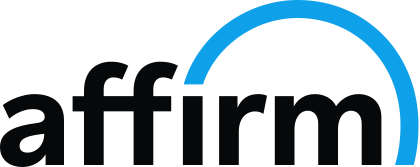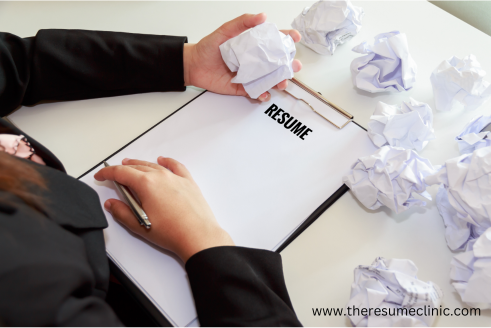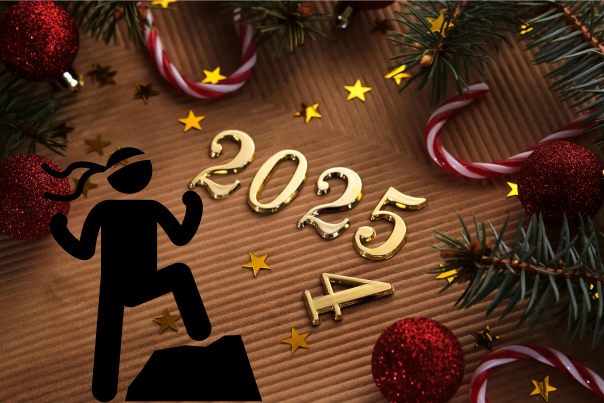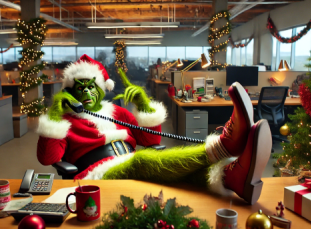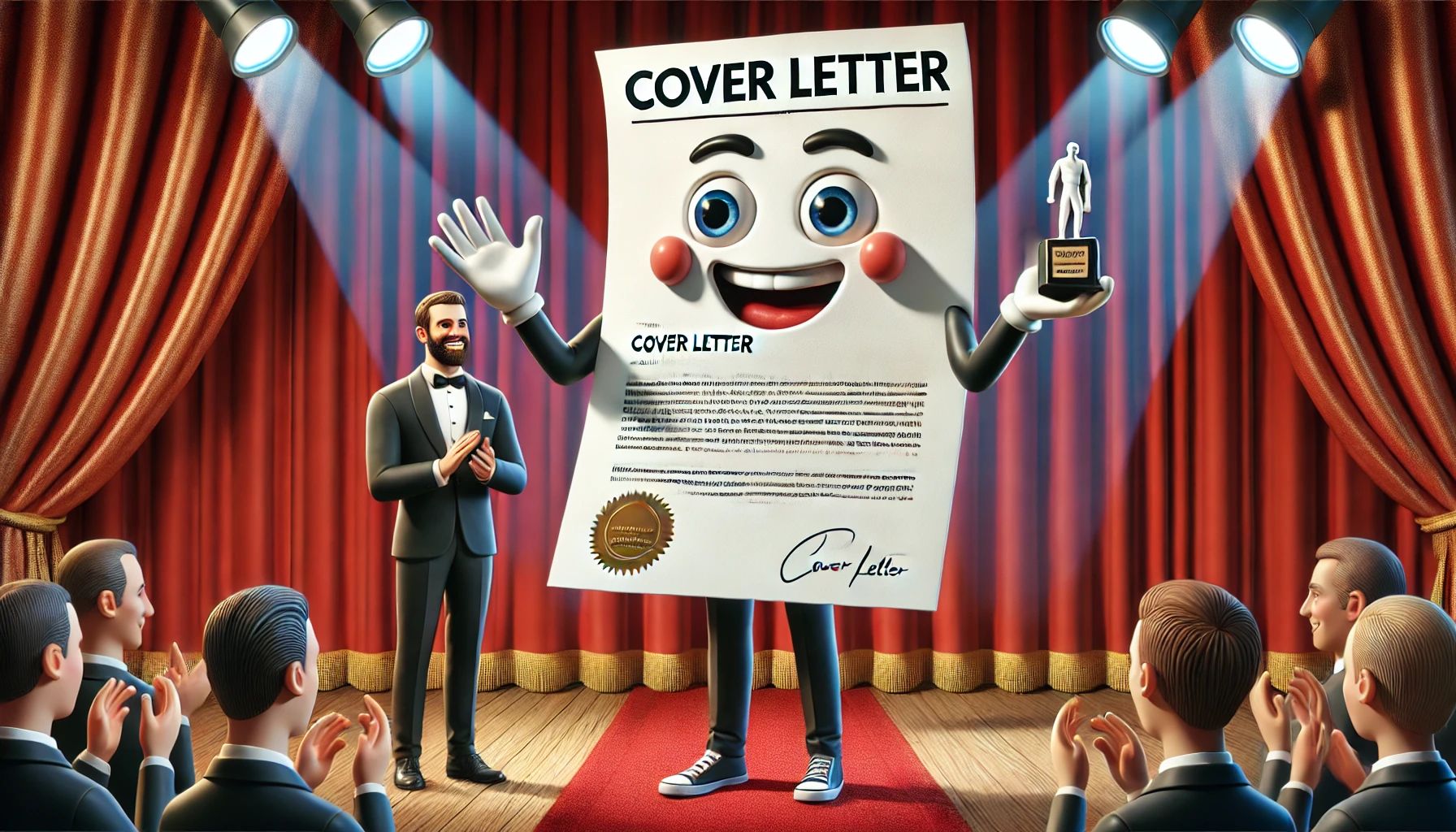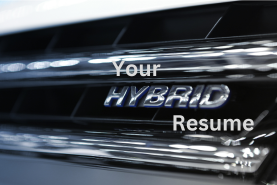
“What can you offer right now that qualifies you to do this job now and in the future?”
So let’s think about that. Is your work experience the only thing that you have to offer? The answer is usually no. In most cases, as a job seeker you are at least bringing a knowledge base, some training or formal education to the table. If this is the case, why not showcase these assets?
Let’s say you have been a bank teller for the last 8 years. And now you’re writing your resume for an engineering position anticipating the completion of your mechanical engineering undergrad degree. The last thing that your readers will want to see is a two page resume where 70% of it goes into the minutiae of banking or the myriad duties of a teller. Your reader may need to know your work chronology, but they do not need to be dragged down the rabbit hole in the resume. Showcase your education. List out your coursework. Talk about any academic projects of note or elaborate on any internships that you had.
Now, now, I know what you are going to say:
“C’mon, the hiring manager pretty much knows all the courses I was required to take why am I giving them this information all over again?”
With mostly people do not realize is that the resume communicates similar to the way we humans do. Often times it is not what we say that makes the impact. It is how we say it. A resume dominated by non-relevant information is likely to bore and disengage your review.
Think about it. With regard to that bank teller resume, if you were applying for another bank teller position, its reader likely knows all the duties of a bank teller. But part of that resume writing process is giving them some of that information anyway. Of course, we usually want to focus our readers on high impact highlights and contributions, but that reader always get some information that they already have. But the biggest value one gets from a well-constructed resume is the establishment of a frame of mind with that reader when it comes to how they see and view you. You are trying to create a certain “environmental perception”, if you will, in which they process who you are and what you can do for them. In our example above, our reader needs to “see” and “feel”us as an engineering professional, not a banking professional. Do not be afraid to give them some of what they already know. I do not want to overdo it, but we must to present as that professional.
So when it comes to your resume writing for your new career, think of it as you do your professional wardrobe: “Dress for the job you want, not the job you have.”

